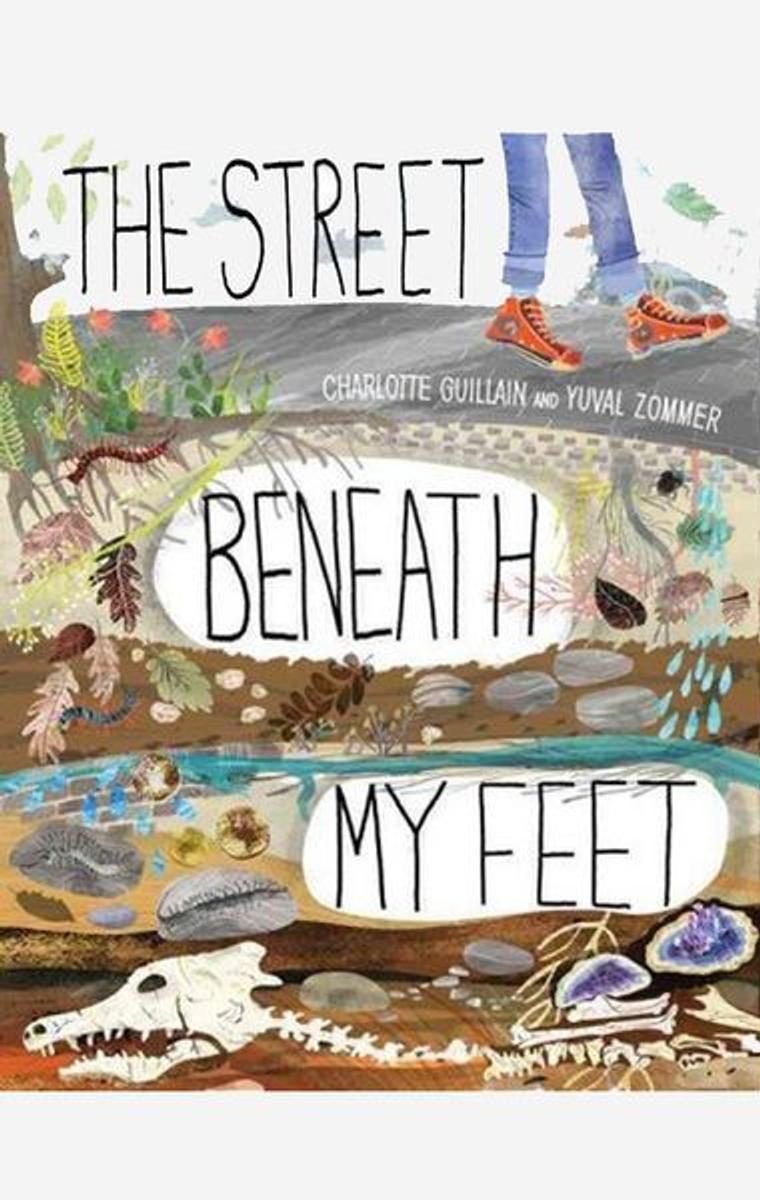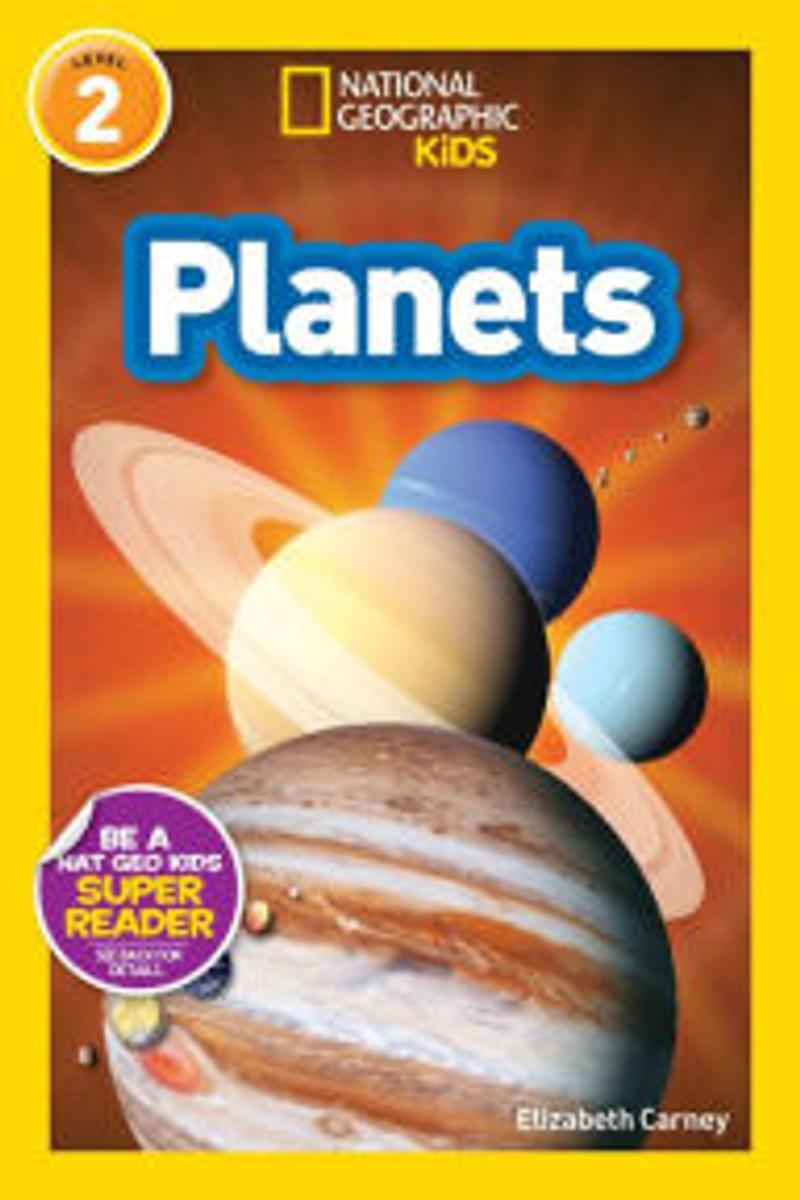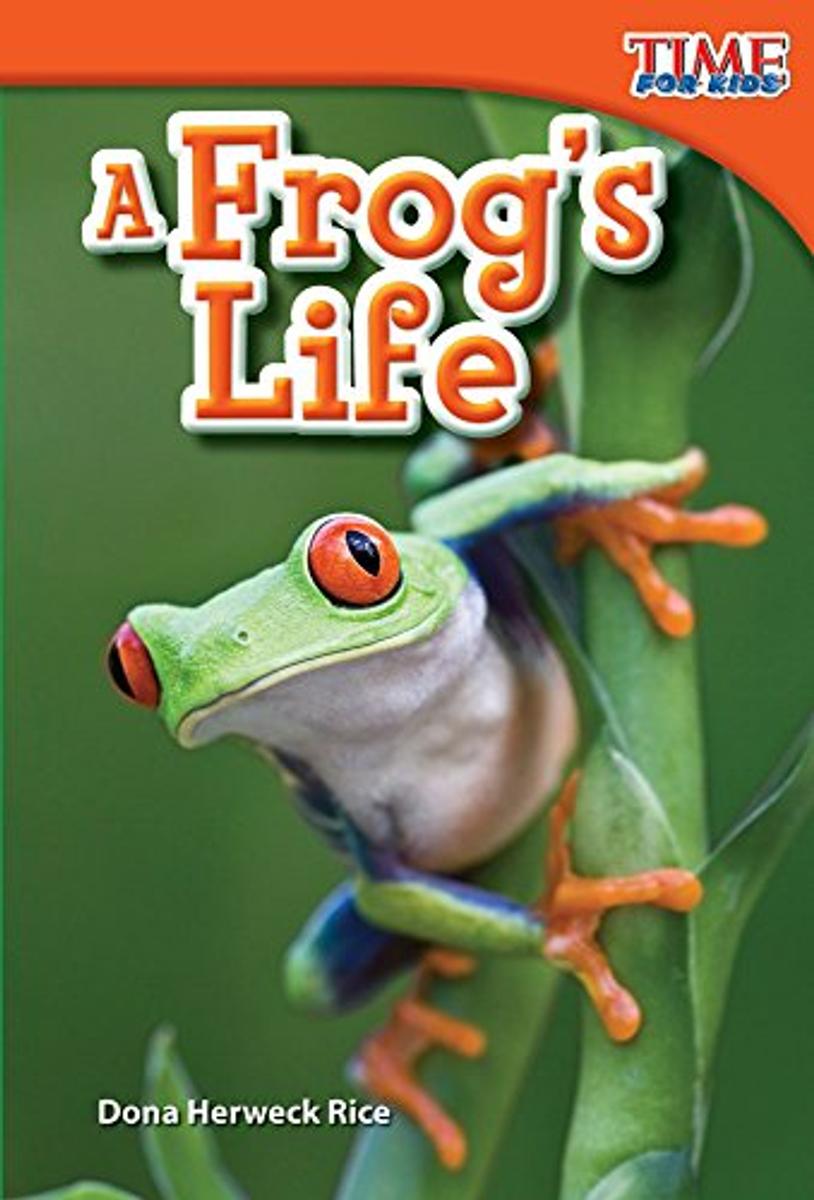Literacy and Numeracy News
BE INVOLVED, BE CONNECTED
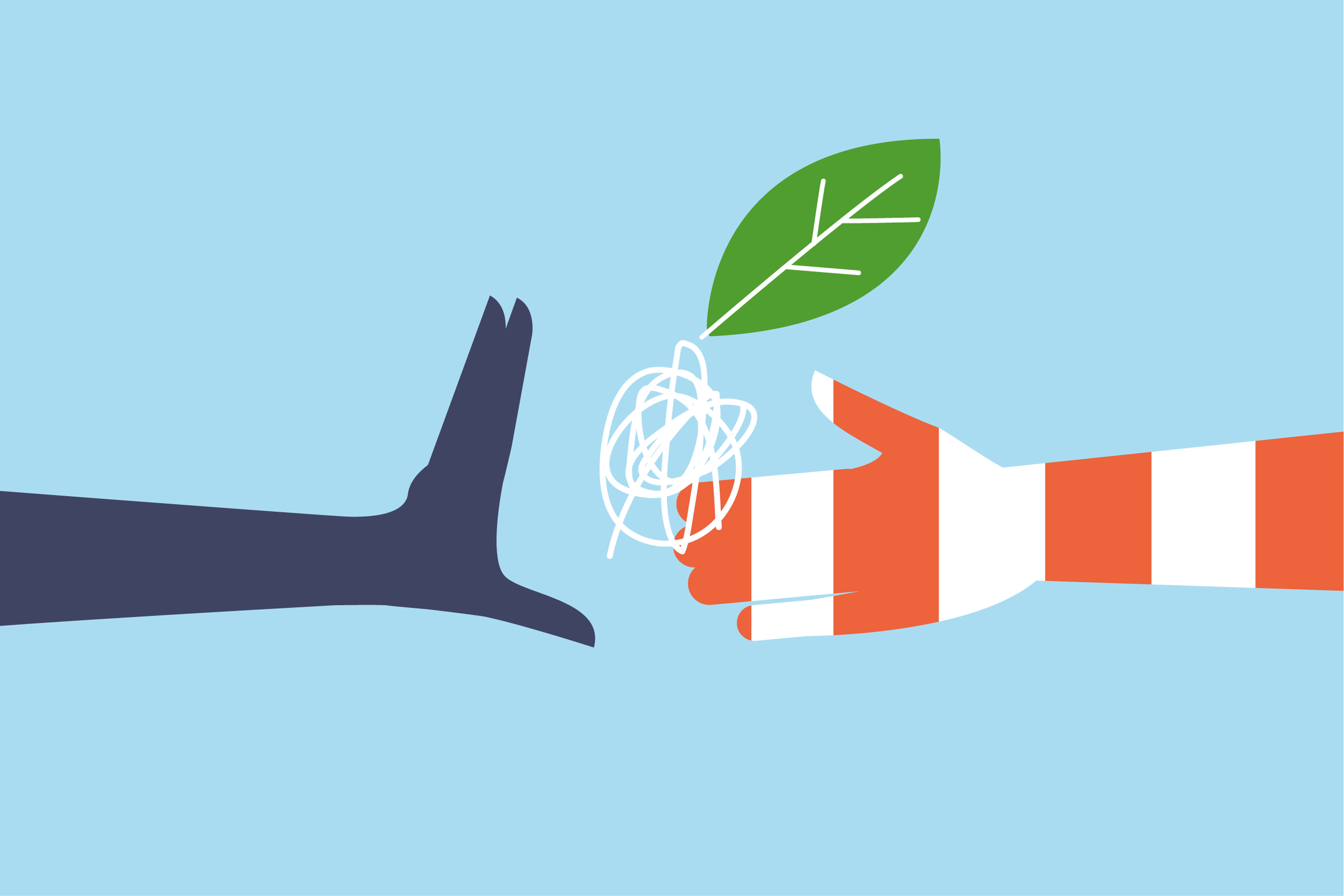
Literacy and Numeracy News
BE INVOLVED, BE CONNECTED
ORAL LANGUAGE
The staff at South Melbourne Park have been participating in a lot of professional learning in literacy, in particular writing. A point of discussion has been if our students had more opportunities to strengthen their oral language this would have a large effect on their writing and comprehension skills.
Engaging in rich conversations about everyday things and reading lots are two terrific ways to help all children strengthen oral language skills and comprehension.
LIVELY CONVERSATIONS
Everyday conversations with your child are so important! Sometimes those interactions are necessarily brief and direct — "Let's put on your socks and shoes so we can get to the
store." Try to also build in open-ended conversations each day — talk that is active, with lots of back-and-forth between you and your child (sometimes called "multi-turn conversations"). You're teaching your child how to take turns listening and speaking, and showing your child that you value their thoughts and ideas.


Ask your children questions that require more than a "yes" or "no" answer. Some questions that help them to talk more openly are "What was your favourite part of your day at school today?" "What challenged you at school today?" " What would you like to do more of at school?"
READ TOGETHER EVERYDAY
Reading aloud is one of the best ways to help your pre-K child absorb new words. It's also
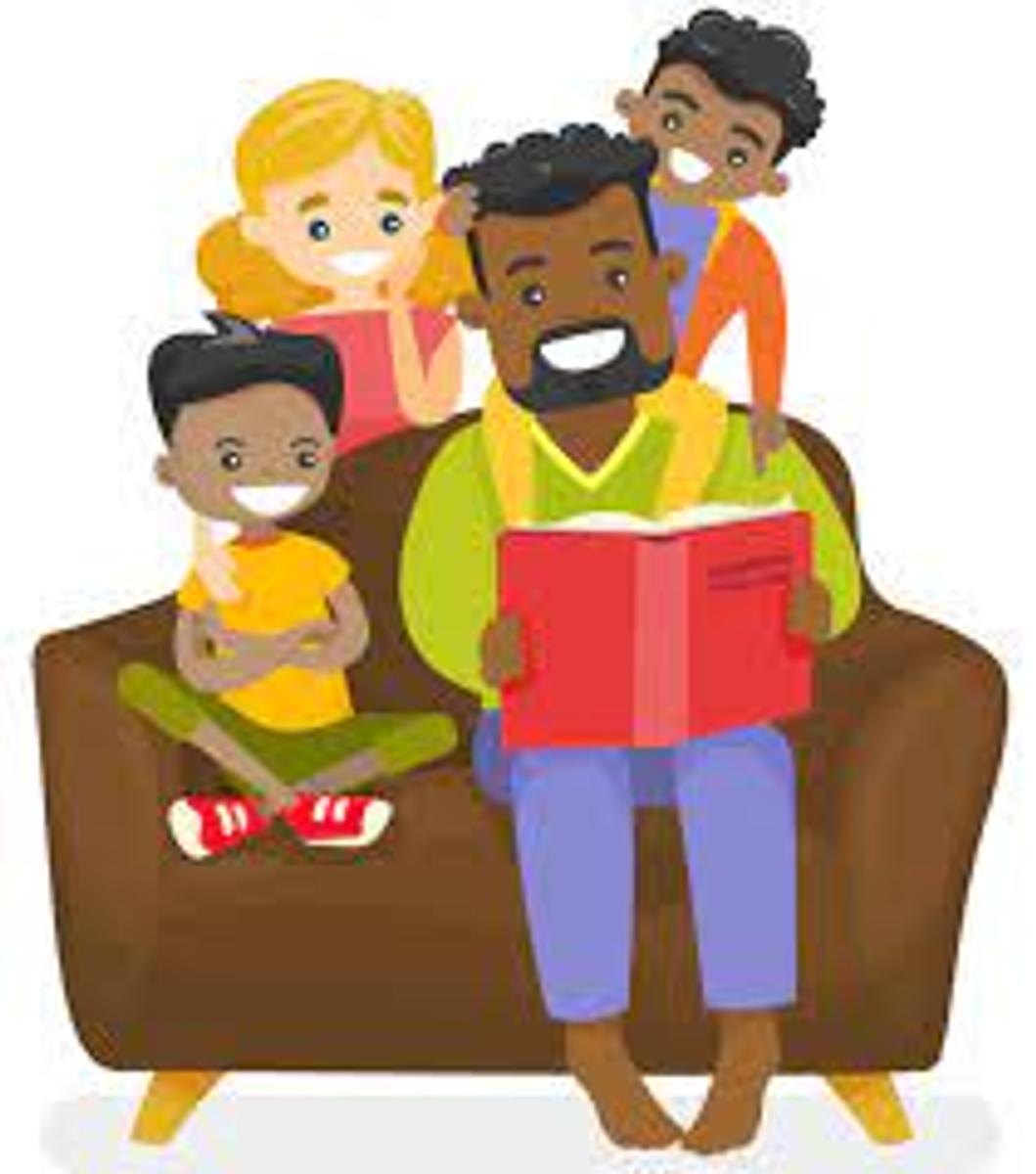

a great way to help young children learn about the world and make connections between
their own lives and what's in the book — that helps children see the world with empathy. And last but not least, it's a wonderful time to snuggle up with your child and share the experience of reading and discovery together.
BRING IN THE NONFICTION AND CURRENT EVENTS
There are so many great nonfiction and informational books even for very young kids. Try to include some of these during your next trip to the public library. Even very young children love learning about the real world and are proud to share what they know! Non-fiction texts and current events, are a great way to build their curiosity by posing wonderings, " Why have we had 2 earthquakes in Melbourne in past 3 years?" "Will they continue to occur?" "Can we do anything to prepare ourselves?"
Oral language and communication is present in every interaction we have, to have strong communication skills will only help our students to be more successful.
